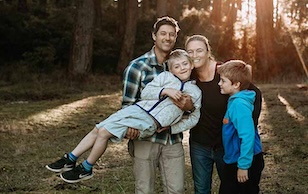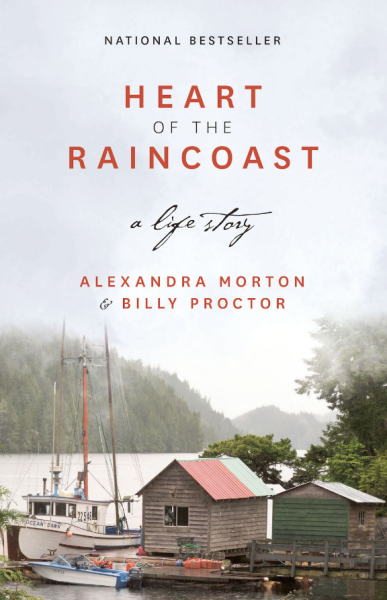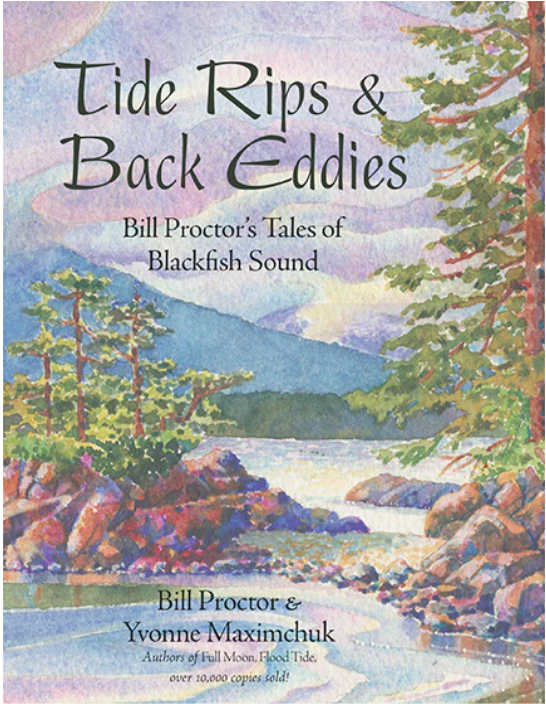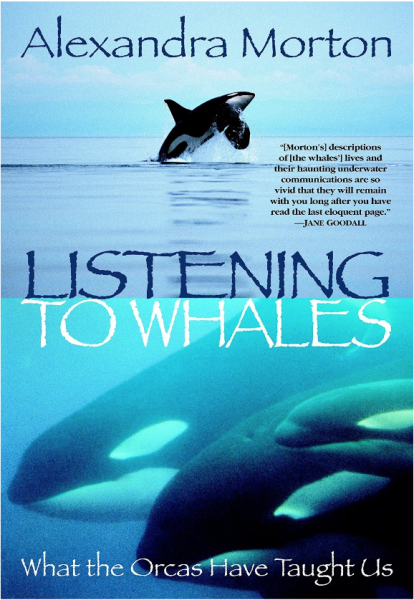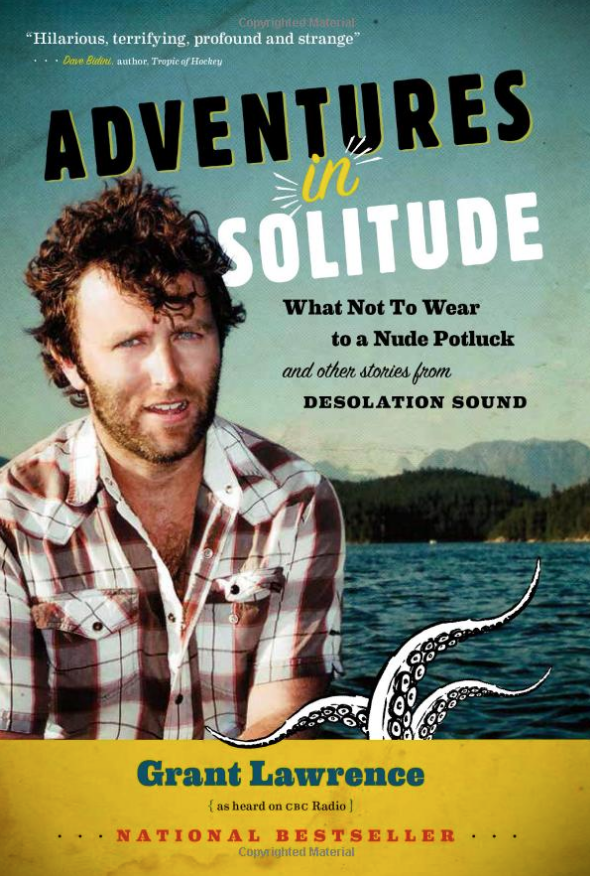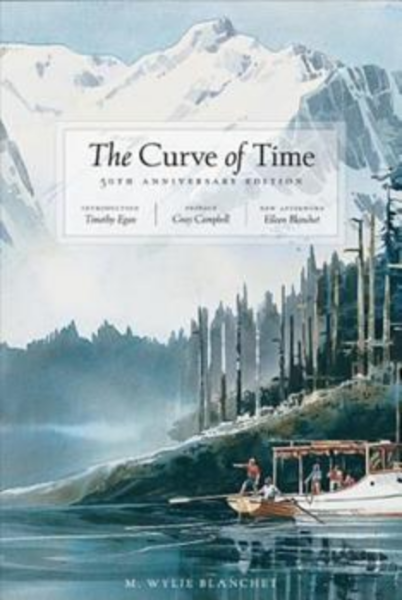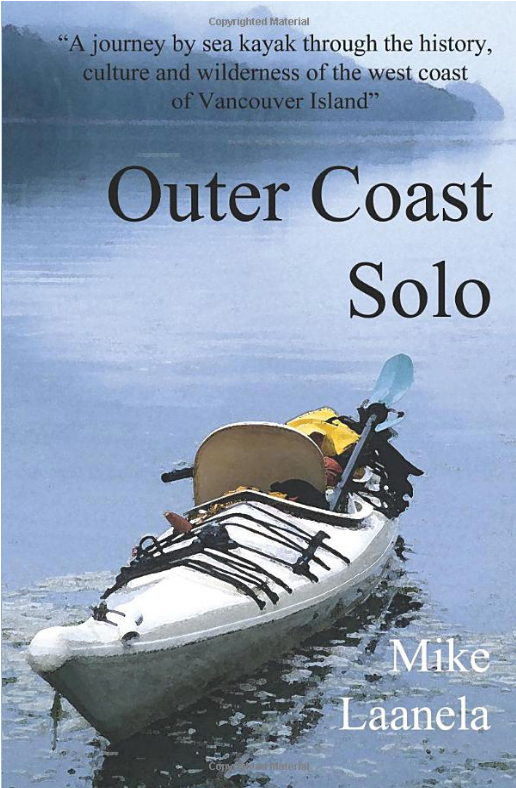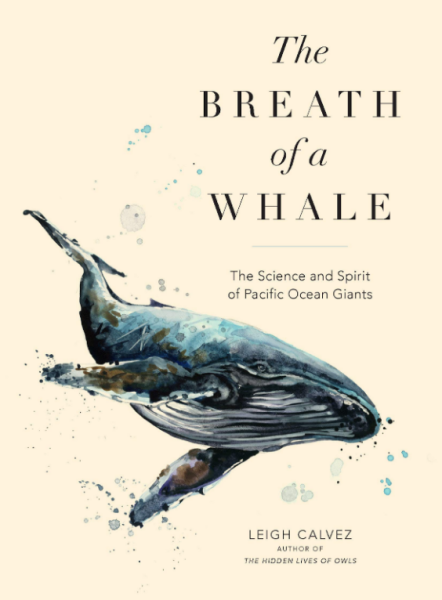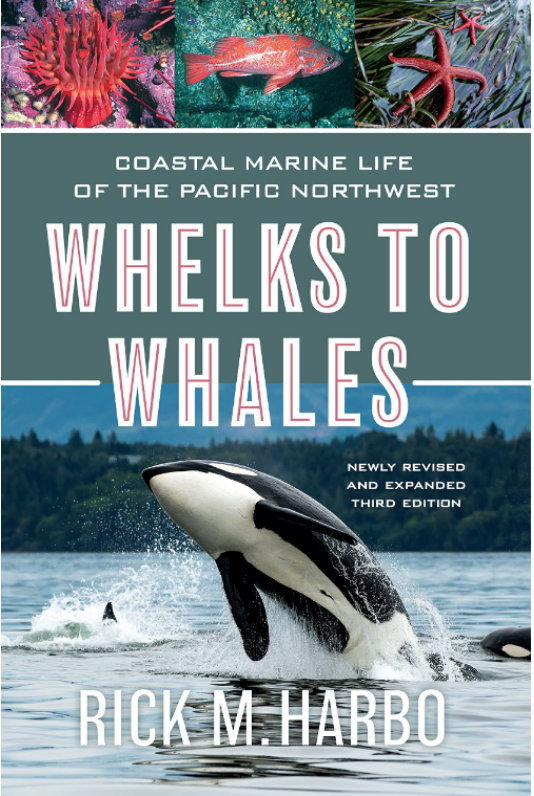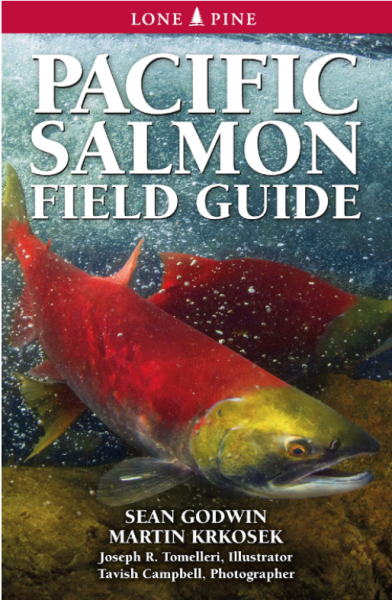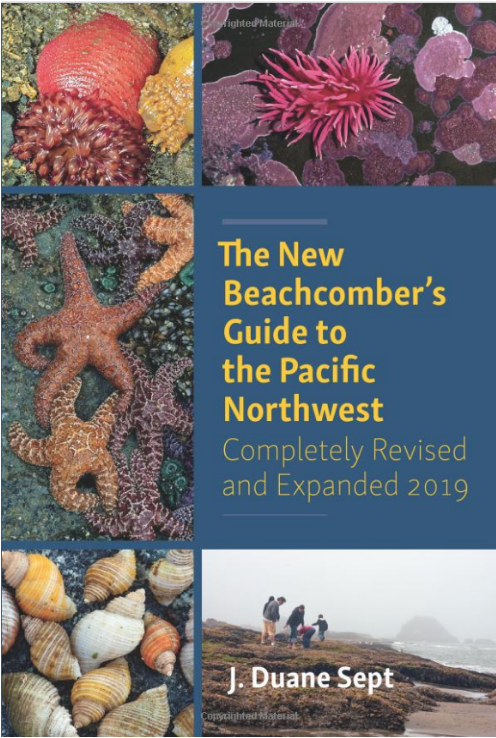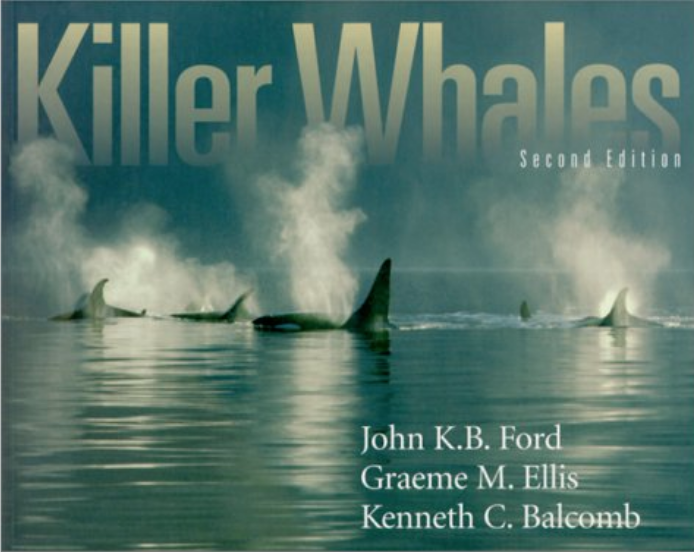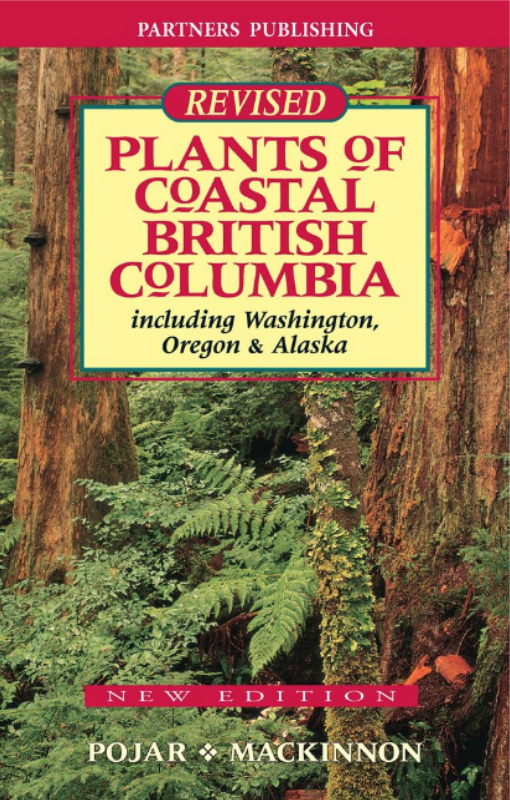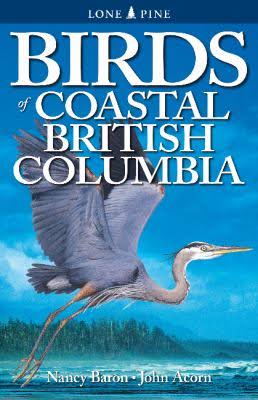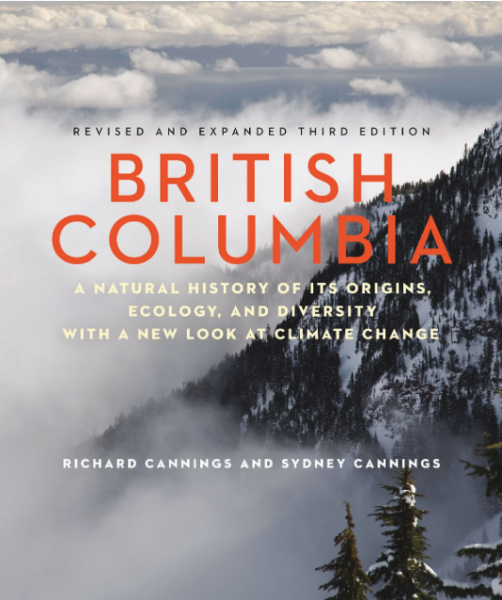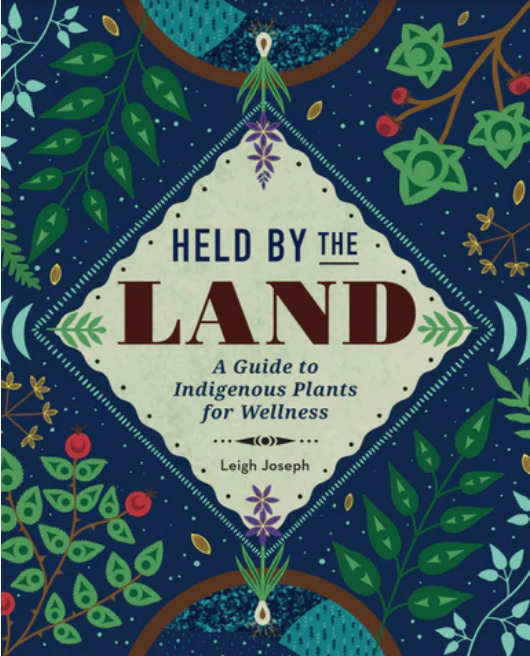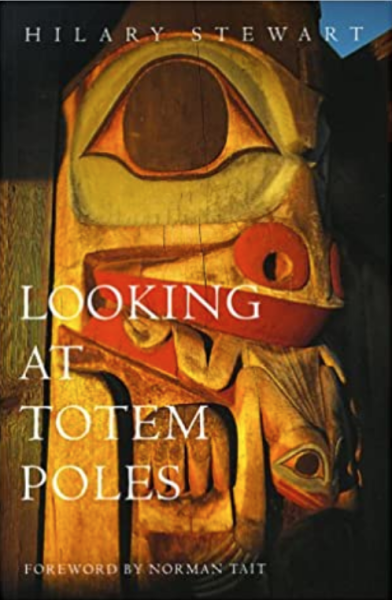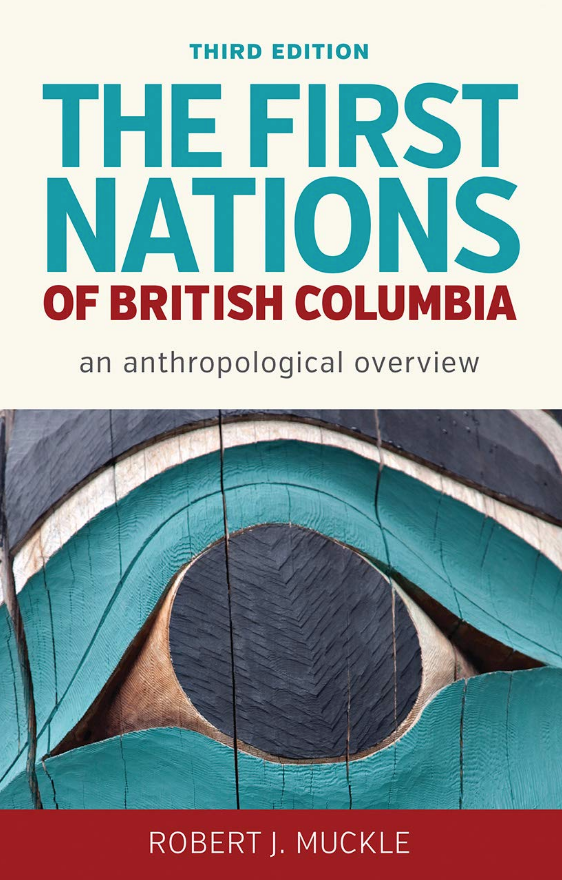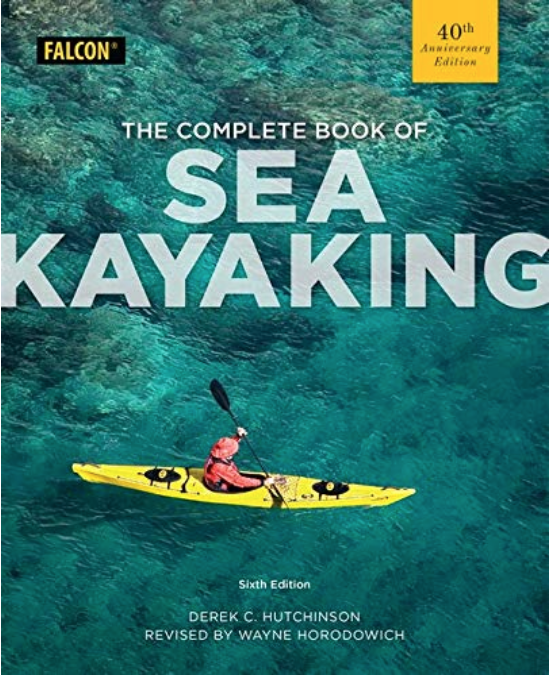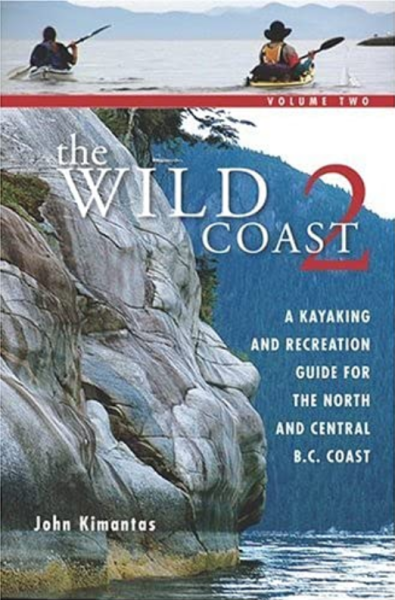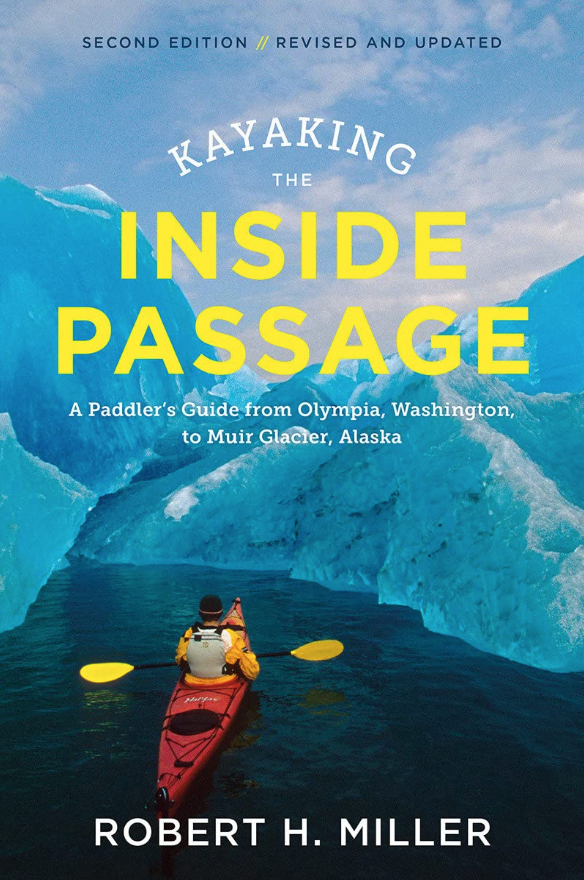Whether you are a local British Columbian or are joining us from further afield, there’s always something new to learn about this special part of the coast. To help make the most of your trip with us, we have put together a collection of resources about the land and its stewards, mindful travel, and helpful links to assist in your preparations.
Recommended Reading List
Below are a selection of excellent books for learning more about British Columbia, whales, wildlife, history, and kayaking.
Memoirs
Heart of the Raincoast
By Morton, Alexandra and Proctor, Billy
Heart of the Raincoast is the fascinating story of Billy Proctor’s life, and the wealth of knowledge and understanding that can only be gained from living in such close proximity to nature. The writing is witty, touching and honest—and offers an intimate perspective not only of the salmon, whales, eagles and independent people who populate Canada’s wild and lovely coastal rainforest, but on what we need to do to keep it as nature intended.
Tour Region: Johnstone Strait Expedition, Whales & Wilderness Glamping, Whales & Wilderness Expedition
For more memoirs:
Read MoreField Guides and Natural History
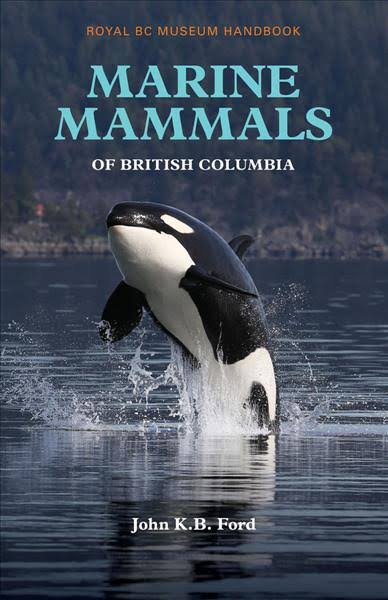
MARINE MAMMALS OF BRITISH COLUMBIA
By Ford, John K.B.
A great field guide for identifying and learning about cetaceans as well as seals, sea lions, and sea otters that inhabit the BC coast. Dr. John Ford describes each species and summarizes its distribution, habitat, social organization, feeding habits, conservation status and much more.
For more field guides and natural history books:
Read MoreIndigenous history

CEDAR: Tree of Life to the Northwest Indians
By Stewart, Hilary
Brilliant descriptions and illustrations of traditional technology by a legendary local Quadra Island writer with an international stature. Countless coastal Indigenous groups used the rot-resistant Cedar for graceful dugout canoes to travel the coastal waters, massive post-and-beam houses in which to live, steam bent boxes for storage, monumental carved poles to declare their lineage, and dramatic dance masks to evoke the spirit world.
For more books on Indigenous history:
Read MoreCoastal BC history
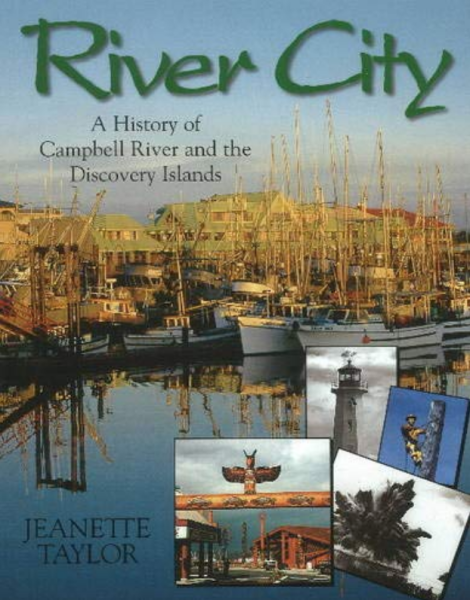
RIVER CITY: A HISTORY OF CAMPBELL RIVER AND THE DISCOVERY ISLANDS
By Taylor, Jeanette
The modern Campbell River, with a population of 30,000, carries only faint hints of its rustic beginnings as a logging and fishing village, and even fewer traces of its ancient roots as a First Nations fishing community. Jeanette Taylor, a longtime resident and local historian, delves deeply into the area’s history to deliver a fascinating insider’s account of the people who have melded their skills and souls with the bold, brash, richly endowed landscape of Campbell River and the Discovery Islands.
For more books on Coastal BC history:
Read MoreSea Kayaking
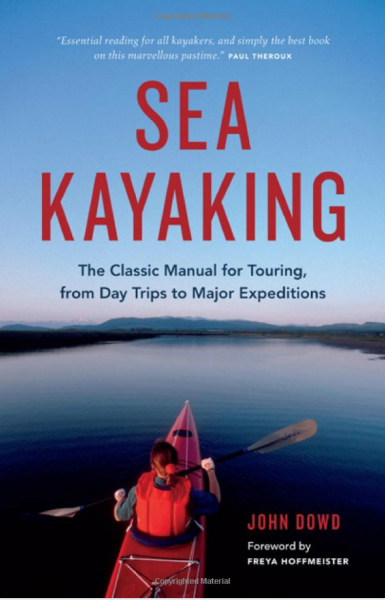
SEA KAYAKING: The Classic Manual for Touring, from Day Trips to Major Expeditions
By Dowd, John with foreword by Hoffmeister, Freya
The newest edition of the classic reference on paddling. Its practical tips and tricks go well beyond the basics.
For more books on sea kayaking:
Read MoreProtecting Our Natural Spaces
Rugged coastal shorelines, the scale of wilderness spaces, and the vibrant wildlife make Northern Vancouver Island unique to any other region on earth. This is an immense part of our why: to facilitate immersive wilderness experiences that leave visitors with a feeling of inspiration for our natural spaces. We take joy in operating with intention and care, ensuring our visitors understand the significance of the area.
Destination BC has created a North Island Wild Pledge that we encourage our guests to read and reflect on.
- Leave no trace when exploring our beaches, forests, & land
- Encourage the celebration of local cultures, traditions, & heritages
- Observe and do not disturb our wildlife & natural habitats
- Support local lives by eating, staying, & shopping locally
- Prepare for any experience in our trails, mountains, & waters
- Share the trails, roads, routes, & parking areas
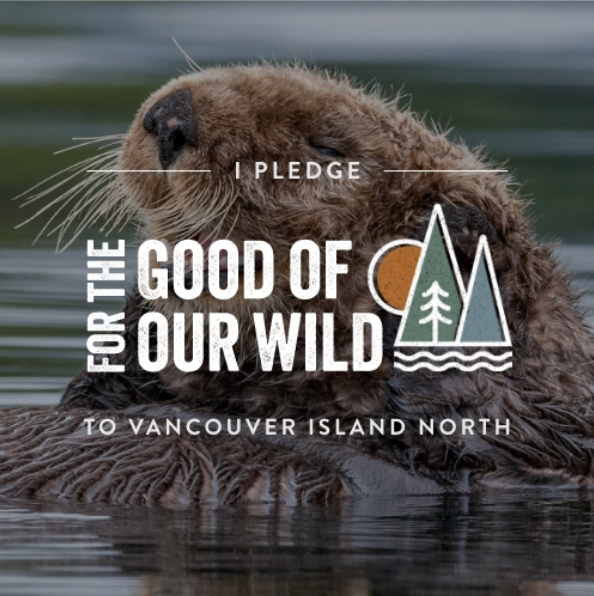
Sign up to take the North Island Wild Pledge here.
The Traditional Territories We Operate In
Indigenous Presence & Stewardship
Spirit of the West gratefully acknowledges and operates in the unceded traditional territory of the We Wai Kai, Homalco, Klahoose, Mamalilikulla-Qwe’Qwa’Sot’Em, ‘Namgis, Tlowitsis, Kwikwasut’inuxwHaxwa’mis, Nuu-chah-nulth and Heiltsuk First Nations.
Northern Vancouver Island has a rich and diverse Indigenous presence and history. Regardless of whether you are visiting larger cities such as Campbell River, rural island communities like Alert Bay, or observing evidence of traditional use sites throughout scattered islands and islets, First Nations influence surrounds us.
TRADITIONAL TERRITORY MAP
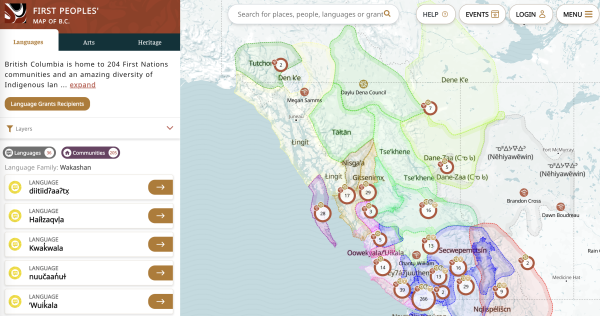 For more information on locating authentic Indigenous experiences in British Columbia, visit the Indigenous Tourism of British Columbia’s website.
For more information on locating authentic Indigenous experiences in British Columbia, visit the Indigenous Tourism of British Columbia’s website.
British Columbia is home to 204 First Nations communities who have all been stewards of the land since time immemorial. As visitors to this area, we believe it is important to recognize and learn about the traditional Indigenous territories you will be recreating in.
Created by the First Peoples’ Cultural Council, the First Peoples’ Map can be used to view Indigenous language regions, artists and artworks, place names and community landmarks. You can hear the pronunciation of language names, greetings, places and more through this resource.
VIDEOS & PODCASTS
Browse from the list of videos and podcasts below to immerse yourself in the history, knowledge and teachings of the First Nations of BC.
Videos
- Marine Protected Areas on the North Coast (7 mins)
- Broughton Aquaculture Transition Initiative (BATI) (4 mins)
- Great Bear Sea Marine Protected Area Network (30 mins)
- Why some Indigenous people relate to endangered orcas (2 mins)
- Nuu-Chah-Nulth: Reclaiming Traditions (17 mins)
- Living Legends: Cedar is Life (2 mins)
Podcasts
- Indigenous Voices of Vancouver Island: A 5-part podcast series highlighting Indigenous entrepreneurs on VI.
- Heiltsuk Granny’s Gardens with Jess Housty: (24 mins) – Jess shares the story of her community’s Granny’s Gardens: an Indigenous food sovereignty project that is rooted within the traditions of Heiltsuk Nation on British Columbia’s coast.
- Grizzlies and the Heiltsuk People: (27 mins)
The Latest from the Johnstone Strait Region
Whether you’ve been on a trip with us or are getting excited for your first Spirit of the West Adventure, keep up to date with what’s happening in Johnstone Strait and surrounding areas.
Why IS JOHNSTONE STRAIT SO SIGNIFICANT?
Known for its deepwater channels carved out by glacial sheets in the last ice age, Johnstone Strait serves as bountiful habitat for a rich variety of species throughout the area. The combination of cold ocean temperatures, deep waterways, and drastic tidal cycles make for some of the most productive, oxygen-rich water on the planet. With each tidal exchange, significant nutrients that often settle deep on the ocean floor get stirred up into the upper levels of the water column. This provides a steady and robust supply of food for the many species of all sizes that move throughout these waters.
LIVE CAM OF ORCAS
Orca Live which posts live video and audio feed from above and below the water in various locations in Johnstone Strait – watch and listen to whales from your home! Orca Live has been provided by OrcaLab, a renowned whale research lab based in Johnstone Strait since 1970 . More information, including links to their blog, can be found here.
Marine Education & Resource Society
Marine Education and Research Society (MERS) which, as the name implies, conducts research and education in the Johnstone Strait area. They have an excellent blog that helps keep you up to date on all the latest research and there have been some cool discoveries of late!
THE MARINE DETECTIVE
Created by MERS very own Jackie Hildering, we also recommend checking out The Marine Detective. This is an inspirational platform focused on the “great beauty, mystery and fragility” of the cold, dark northeastern Pacific ocean.
Spirit of the West’s Blog Stories
Stay connected to the coast through our very own Stories page. Here we share a variety of short blog posts from highlighting BC wildlife, to guest perspectives and benefits of slow travel.
RECENT ENTRIES
Wilderness and Wildlife of Coastal British Columbia
If you are still in the midst of deciding which tour is best for you, consider browsing our Wilderness and Wildlife of Coastal BC webpage. The diverse range of climatic and topographic features of British Columbia make this region one of the most productive wilderness and wildlife areas on earth. Meant to provide helpful overviews of the various regions our tours take place in, it also includes wildlife highlights for each tour and optimal times for sightings.
Responsible Whale Watching
The orcas, humpbacks and other marine mammals spend their days foraging, playing and socializing, and we want to keep it this way. We strongly believe that we should do everything that we can to minimize our impacts on their natural behaviour and habitat. We follow the Be Whale Wise Guidelines, which have been established to protect both the whales and kayakers and boaters from any negative interactions as well as long term, cumulative effects. Learn more about how we participate in Responsible Travel here.
Feeling Fit on the Water
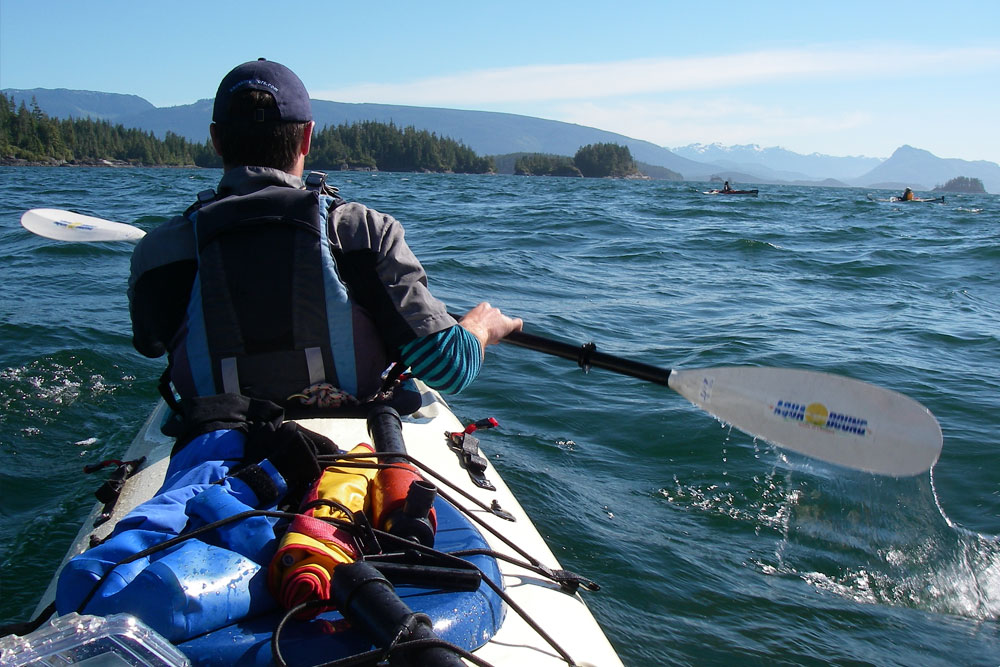
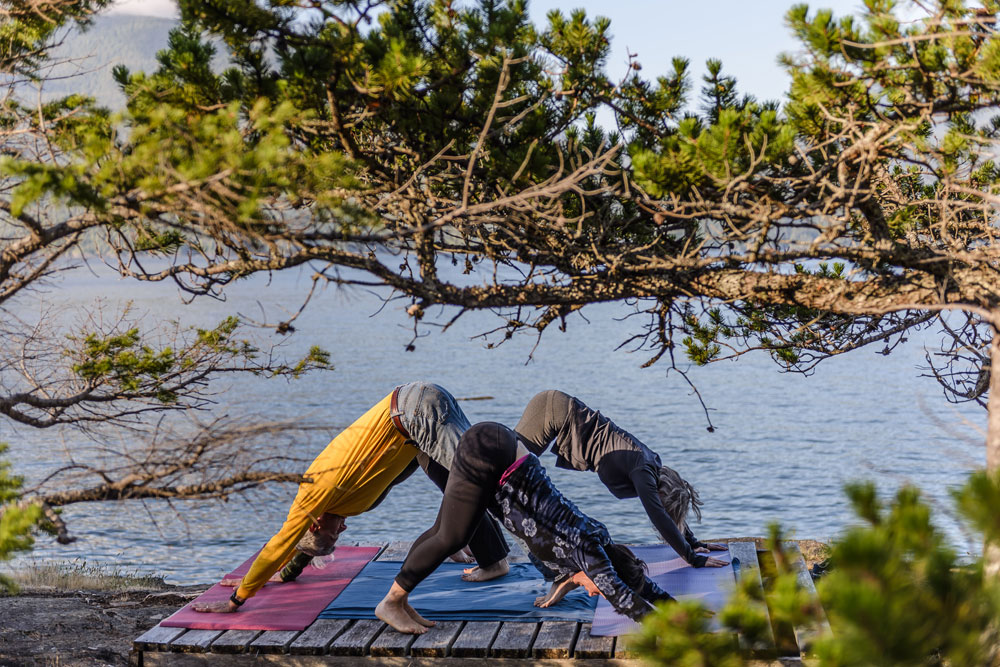
Kayaking is a suitable activity for most fitness levels and your guides will give you great tips on how to paddle efficiently. To help you get the most out of your experience and feel comfortable on the water, check out these helpful links:

